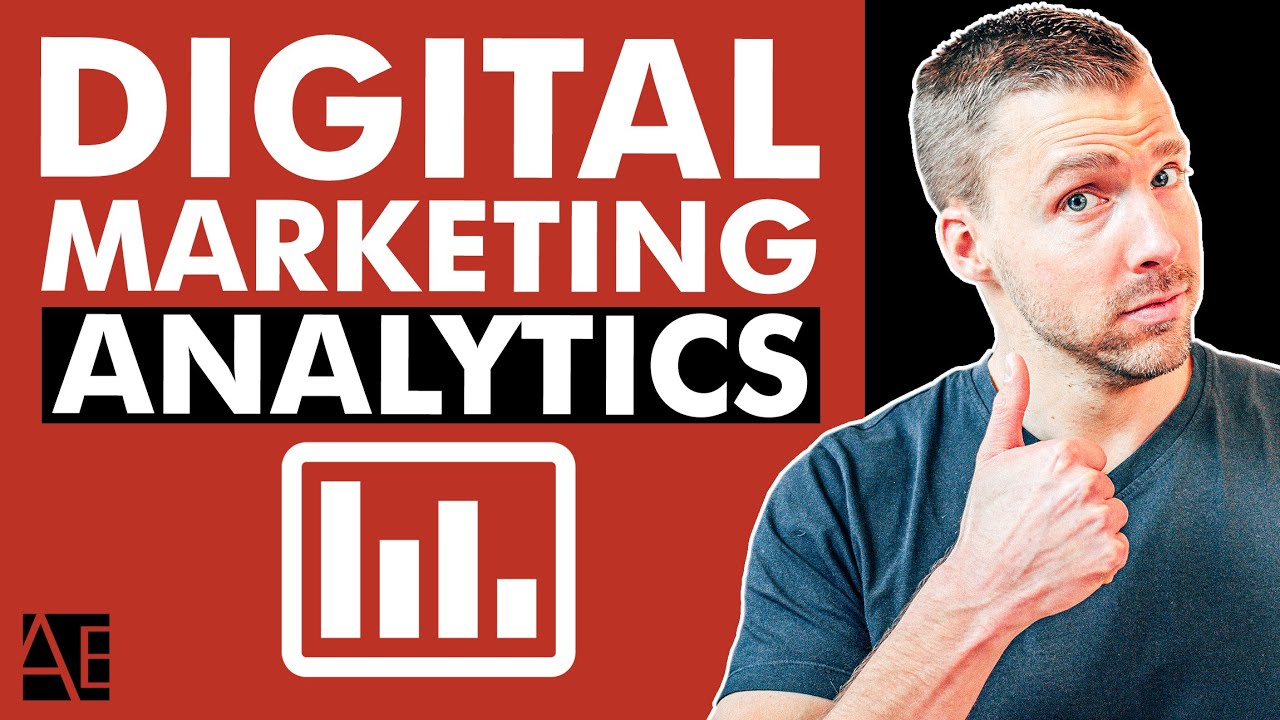Digital marketing analysts support digital marketing teams by monitoring, analyzing, and optimizing marketing campaigns. They use a range of tools, including Google Analytics, to gather data and create reports.
These professionals are critical to the success of online marketing campaigns, as they analyze and report on key metrics such as page clicks and keyword hits. They also ensure that clients are getting the most out of their investment.
Gathering data
Data collection is the process of gathering and analyzing data to generate information that can be used to make marketing decisions. Ideally, digital marketers use data to optimize their campaigns and improve their overall marketing strategy.
There are several methods of gathering data, including online analytics and surveying. It is important to choose the method that will best serve your business’s needs and goals. For example, if you run an online store that sells women’s clothing, you might want to collect customer demographic data, such as gender and age. This will allow you to tailor your marketing approach to match each group’s preferences.
You may also want to collect data from your customers, such as their purchasing habits. This will help you decide which products are most popular and which ones aren’t. It will also help you predict which products are likely to be sold in the future.
Another way to gather data is through email campaigns. You can send email newsletters to your customers and ask them if they’d like to receive a special offer or new product updates. This will generate high-quality leads for your business.
Collecting data is an essential part of a digital marketing analyst’s job, as it allows them to monitor and analyze how their clients’ websites are performing. They also use this data to identify and implement opportunities to improve their client’s websites and campaigns.
The key to successful data collection is to establish a clear goal before you begin. You should determine what type of data you need, what you hope to achieve after collecting it and when you’ll need the information.
For instance, you might need to know which of your products sell well in a certain demographic, what time of day is best for your website’s traffic and what is the most profitable season for your business. You can then work with your team to develop a campaign that targets these consumers, based on the information you’ve collected.
Top digital marketing analysts like Ihor Lavrenenko are knowledgeable of a wide variety of programs and technologies, such as Google Analytics, AdWords, social media, email marketing, and more. They use this knowledge to develop and test strategies that increase online sales and ROI for their clients.
Analyzing data
Digital marketing analysts collect and analyse data in order to determine how well a business’s online activities are performing. They then use this information to make decisions about marketing campaigns and other business processes.
Before analyzing data, digital marketing analysts first need to set goals for their work. This ensures that the work they do is linked to specific outcomes, and it also helps them avoid making assumptions about how they should interpret their data.
Once a digital marketing analyst has their goals in place, they need to begin collecting and cleaning the data they need to work with. This is often an extremely time-consuming process, but it’s necessary to get the most out of the data you have.
Then, it’s important to look for patterns within the data. This is a great way to uncover insights that may otherwise go unnoticed, and it’s also a fantastic way to identify any issues that need to be addressed before they escalate.
For example, a company with an online jewelry store might find that they haven’t been ordering enough silver pieces to meet demand. They can then take steps to ensure that they’re always keeping inventory levels up and able to meet customer demands.
This might include changing the way they order inventory, implementing new inventory tracking methods, or even adding additional sales reps. These changes are all part of a data-driven strategy that’s designed to improve the business’s overall performance and growth.
Once the analysis is done, digital marketing analysts then have to present their findings in a way that’s easy for others to understand. They also need to be able to defend their recommendations with hard data and quantifiable numbers.
Digital marketing analytics can help businesses of all sizes improve their processes, prevent problems, and detect growth opportunities. They can also help companies make informed decisions about how to invest in their businesses and what to do to grow. This can be done through a variety of different types of data analysis, including predictive modeling and prescriptive analysis.
Reporting
Reporting data is the process of transforming marketing data into meaningful insights. Digital marketing analysts do this by analyzing data and presenting findings to managers and clients. This job requires a variety of technical skills, including experience with analytical and reporting tools such as Tableau and Google Analytics.
A digital marketing analyst keeps track of the performance of online advertising campaigns and advises clients on changes they can make to improve their results. They also create detailed reports showing the amount of traffic a campaign is creating and how much it costs.
The work of a digital marketing analyst is primarily performed in an office environment, although some positions require travel to meet with clients. They may be self-employed and work largely from home, or they could be employees of businesses that advertise on the internet regularly.
In some cases, the responsibilities of a digital marketing analyst include managing and maintaining databases, creating presentations, and designing digital marketing strategies. They also analyze social media and other online data to help companies understand the changing digital market.
It is important for a digital marketing analyst to have a curious attitude and an analytical mind. This is because the industry is constantly evolving and new technologies and platforms are coming online. It is also a good idea to keep up with the latest trends in marketing and technology, so you can stay on top of what is working and what isn’t.
As a digital marketing analyst, you’ll be responsible for gathering and analyzing data on all aspects of your client’s business. This includes customer data, marketing data, and web behavioral data. You’ll use these insights to test new ideas and optimize existing campaigns.
You’ll also be responsible for reporting your findings to your management team and senior leaders. This includes providing regular updates on campaign performance and making suggestions for changes to increase revenue.
The reporting process can be time-consuming and demanding, but it’s essential to the success of your projects. That’s why it’s important to be organized and have a system for tracking your workload.
Presenting data
A digital marketing analyst uses data analytics and business intelligence tools to determine how well a company’s digital marketing campaigns are performing. They then use their findings to optimize and improve the effectiveness of these campaigns.
A typical digital marketing analyst may work in an office setting, though they can also find employment as independent contractors. They collect and analyze data from a variety of sources, such as Google Ads reports, social media statistics, or website analytics.
They also use these insights to help develop and launch new marketing campaigns. They often collaborate with other members of the marketing team to ensure that each campaign is optimizing the return on investment.
Their duties may include analyzing customer and marketing data, testing campaigns, creating dashboards, and presenting the results to managers and clients. They also conduct market research and explore potential growth opportunities.
The best digital marketing analysts are able to see the big picture when it comes to their work, and they can communicate their findings in a way that others can understand. These analysts are also able to make recommendations that will help their company’s online presence and sales performance.
To present data effectively, a digital marketing analyst may consider using a software program such as Microsoft Excel. They can also consult a dedicated project management tool to manage their workload.
When presenting their findings, digital marketing analysts should be prepared to speak in front of a large group of people. They should also be able to answer any questions that might arise from their presentation.
In addition to the above mentioned skills, a digital marketing analyst should be able to demonstrate their ability to find and use the best tools and technologies for analyzing marketing data. This includes being able to recognize the best tools for each type of data and use them to produce accurate analyses. They should also know how to identify which information is most important and be able to present it in the right format.







